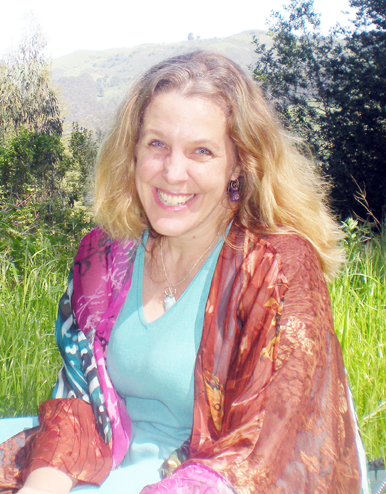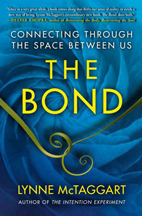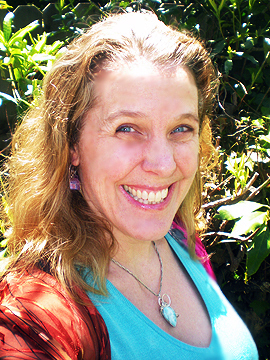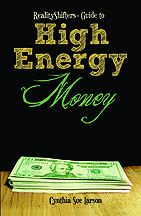 See Cynthia Sue Larson summarize this RealityShifters on YouTube! See Cynthia Sue Larson summarize this RealityShifters on YouTube! |
"The human being is part of the whole, called by us the 'universe', a part limited in time and space. He experiences himself, his thoughts and feelings, as something separate from the rest — a kind of optical delusion of consciousness. This delusion is a kind of prison for us, restricting us to our personal desires. Our task must be to free ourselves from this prison by widening our circle of compassion to embrace all living creatures and the whole of nature in its beauty."
- Albert Einstein
The biggest difference between my most enjoyable and least enjoyable memories has to do with whether or not I was feeling connected to others and the world around me at the time. When I feel a sense of belonging, I feel relaxed instead of stressed. When I feel empathy with others, I feel love instead of fear.
 |
In her marvelous book, The Bond, journalist Lynne McTaggart describes a number of ways humans are collaborative beings, whose needs to give, share, belong and network are at least as powerful as the drive to compete. I'm in agreement with McTaggart that finding ways to connect, interact and relate to the highest sense of good in others will be the key to mankind's future success. I love the big idea in The Bond that attaining a state of shared respect for more than one view of reality allows us to feel bonds of connection of tremendous depth... bridging differences of politics, religion, gender, species, and all aspects of personal identity.
Coming from a contrasting yet supportive perspective, Simon Baron-Cohen asks us to consider the true root of terrorism, gang violence, and crime. Baron-Cohen proposes these social ills have one common cause, and while we might initially view them as evil, he asks us to ditch the word "evil" in favor of "empathy erosion" -- a pernicious state of mind in which we lack any feelings for others and treat them as objects of our will. You can take his Cambridge University EQSQ Empathy Test to gain insights into whether your mind tends to empathize or systemize.
Love always,
Cynthia Sue Larson
email Cynthia at cynthia@realityshifters.com




